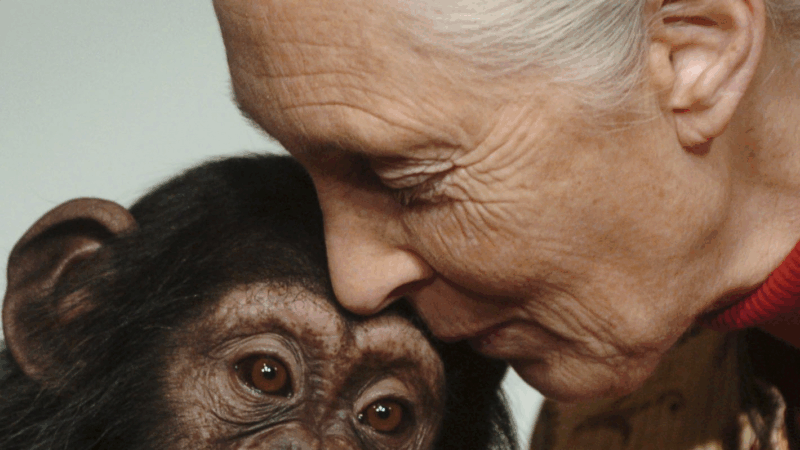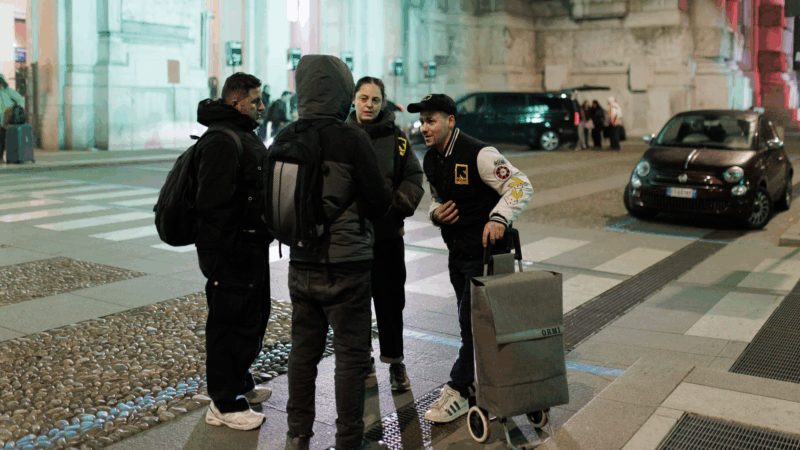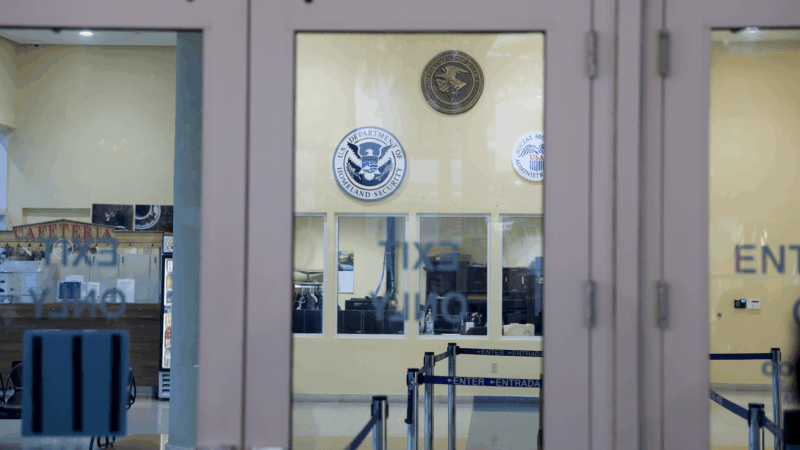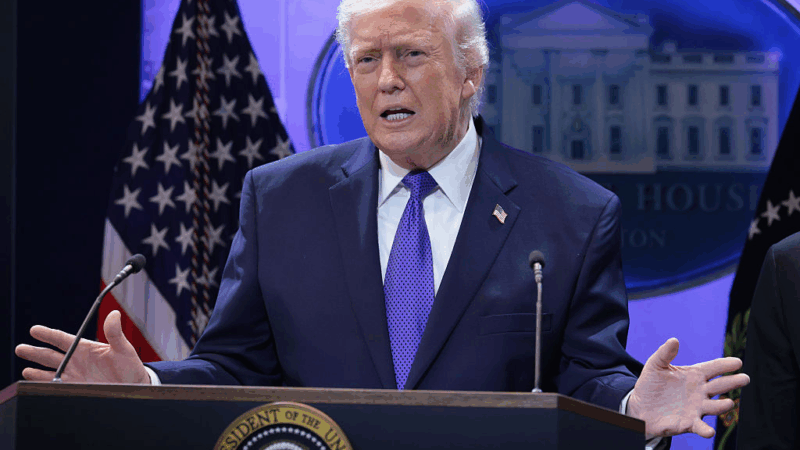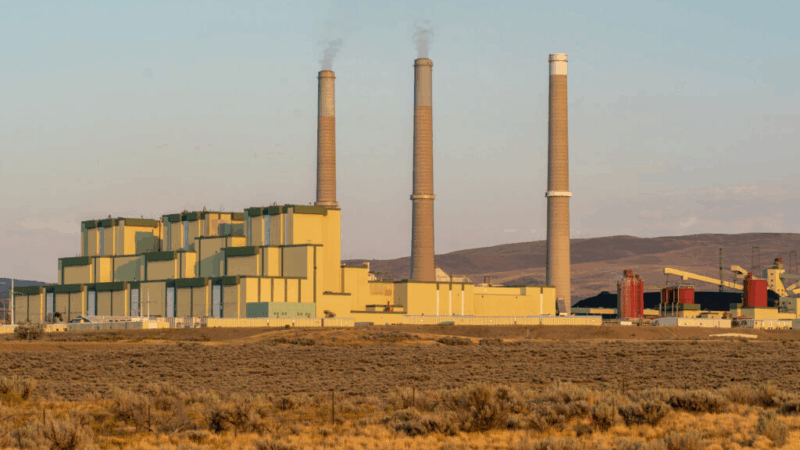Opinion: Jane Goodall helped humans understand their place in the world
Outside the Field Museum in Chicago, a bronze sculpture by artist Marla Friedman captures a moment a friendship was made.
It’s called “The Red Palm Nut.” A young woman sits barefoot on the ground, reaching out her hand to a chimpanzee, who sits about a yard away. And he lightly, seemingly shyly, takes her human fingers into his own. A bright, red palm nut has dropped on the soil between them.
The woman in the sculpture is the great primatologist and conservationist Jane Goodall, at the moment she first earned the trust of a wild chimp. “He reached out and he took and dropped that palm nut,” she later remembered. “But then very gently squeezed my fingers and that’s how chimpanzees reassure each other. So in that moment we understood each other without the use of human words, the language of gestures.”
Jane Goodall called the silvery-chinned chimp David Greybeard. She met him when she was in her 20s, a former secretary from Bournemouth, England, who saved cash tips she’d earned as a waitress to journey to Africa, where she talked herself into a job as assistant to the famed anthropologist Louis Leakey.
She had no college experience. But Jane Goodall convinced Leakey she would be just the person to live among and study a group of chimpanzees he had discovered on the shores of Lake Tanganyika.
And on what she recalled was a rainy morning, November 4, 1960, she saw David Greybeard and other chimps take twigs from a tree, pluck their leaves, and use them as sticks to pierce a termite mound and slurp the insects off the end — almost like how those primates called human beings might lick peanut butter off a spoon.
What she saw and documented was startling: the chimps had made the twigs into tools. When she wrote about it to Louis Leakey, he famously replied, “We must now redefine man, redefine tools, or accept chimpanzees as humans.”
By the time Jane Goodall died this week, at the age of 91, she’d been honored around the world for her work with chimps and people, and established animal sanctuaries and forest conservation programs.
David Greybeard, I think she’d want us to note, died in 1968. Jane Goodall and her friend saw strangers in a jungle, reached out their hands, and began a friendship that changed how humans understood our place in the world.
In the shadow of the Olympics, migrants search for a welcome in Milan
As Italy cracks down on migration, Milan takes a different path — offering shelter and integration to asylum seekers even as the central government tightens borders and funds deterrence abroad.
Trump to raise global tariffs. And, most say the state of the union is weak, poll says
President Trump says he is raising global tariffs to 15%. And ahead of the president's address tomorrow, most Americans say the state of the union is not strong, according to an NPR poll.
U.S. has a quarter fewer immigration judges than it did a year ago. Here’s why
The continued drain of personnel from the already strained immigration court system has contributed to depleted staff morale, mounting case backlogs — and floundering due process.
Poll: Most say the state of the union is not strong and the U.S. is worse off
Ahead of the State of the Union address on Tuesday, evidence continues to mount that President Trump is facing political headwinds.
The owners want to close this Colorado coal plant. The Trump administration says no
The Trump administration has ordered several coal plants to keep operating past their planned retirement, part of a larger effort to boost the coal industry. Two Colorado utilities are pushing back.
Influencers are promoting peptides for better health. What’s the science say?
The latest wellness craze involves injecting these molecules for athletic performance, longevity and more. Scientists say the research isn't keeping pace with the health claims.

